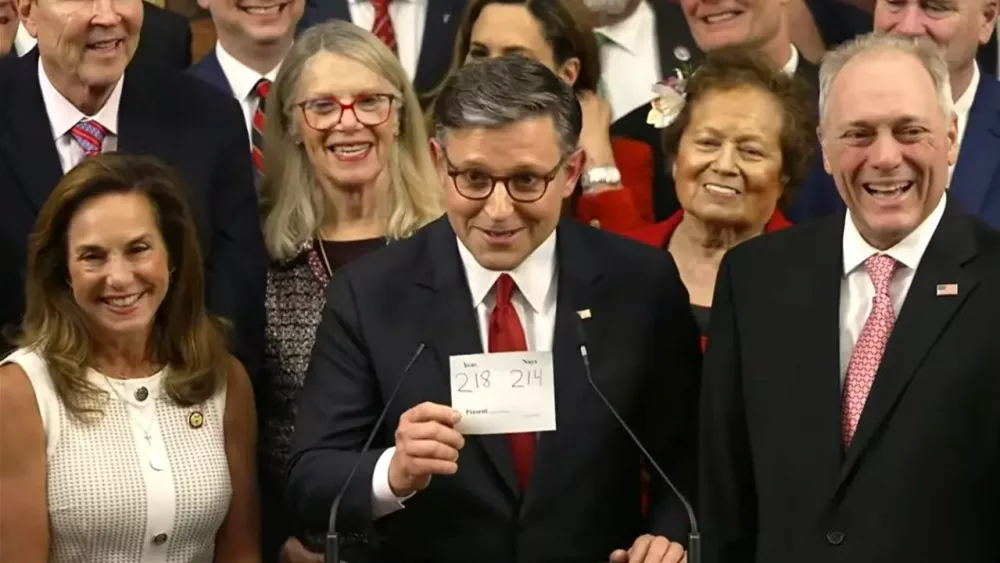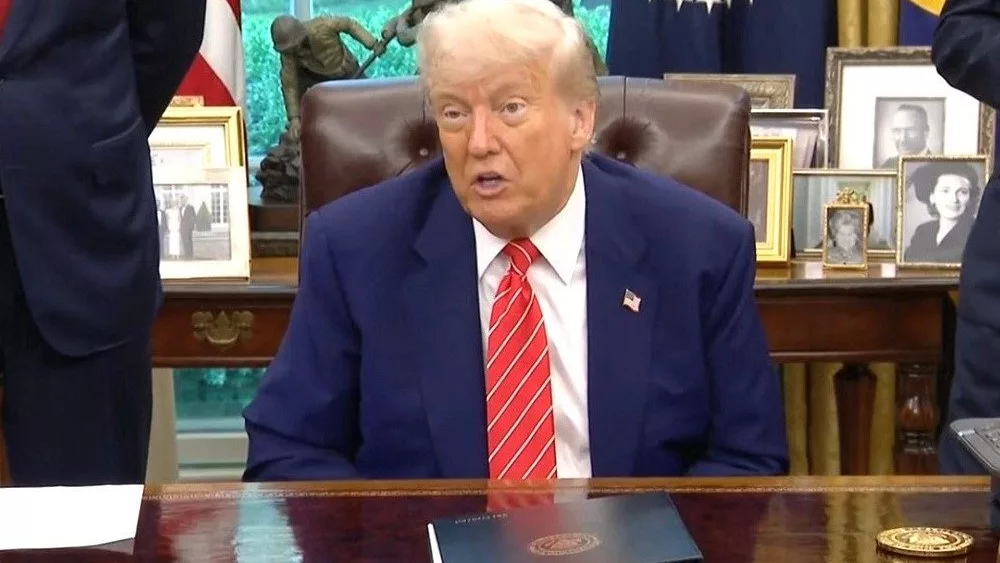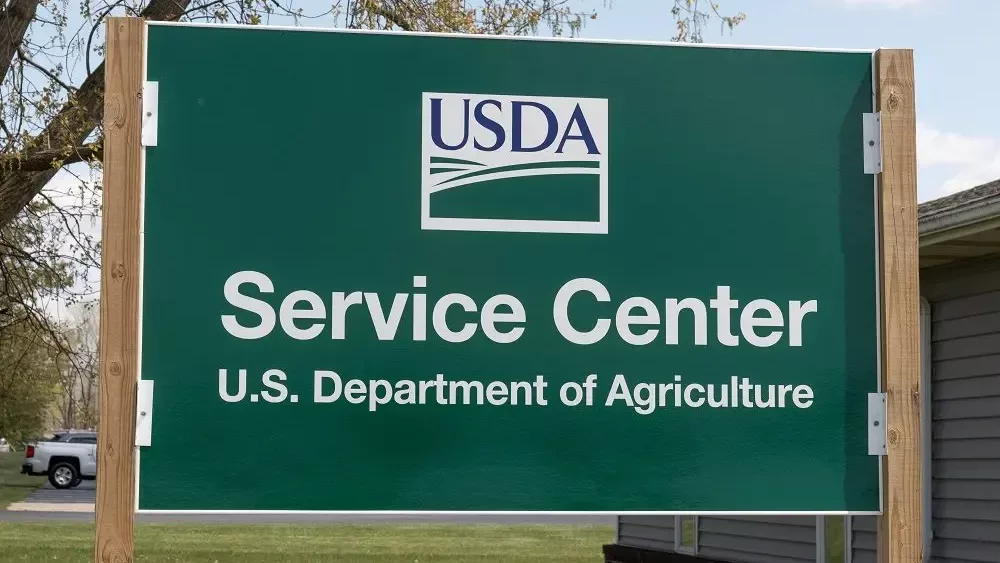
Governor Whitmer’s revised Stay Home, Stay Safe executive order has restrictions that ban the retail selling of plants.
There was some initial confusion, but MDARD said under Executive Order 2020-42, retail plant sales are considered non-essential.
“Under all the executive orders that have been release, their business in regards to growing and managing their plants in their greenhouses has always considered to be essential, whereas the garden centers and at farmers markets, and retail sales since mid-March have not been considered essential—they have not been allowed,” said Audrey Sebolt, Michigan Farm Bureau’s horticulture specialist.
She says these executive orders have been difficult for MFB members who are in this industry.
“We’re talking $580 million to $700 million [in losses],” she said. “These people have already invested all their resources and finances into propagating these plants and managing these plants, and then to be told you cannot sell these plants—they’re not considered to be essential—is devastating to them.”
After April 9th, those orders extended to big box stores. Sebolt says for garden centers and smaller entities, retail sales have a limited window of 8 to 12 weeks. For some, that window started a week or two ago.
Members who own and operate garden centers have repeatedly told Sebolt there’s no loans or programs to save them, including the CARES Act. When Gov. Whitmer’s current executive order expires on April 30, Michigan Farm Bureau hopes gardening will be considered essential. Until then, they’re trying to find some sort of relief.
“We’ve asked [Gov. Whitmer] to consider allowing us to, at the minimum, do curbside pickup, delivery, or restricting the number of people that come into the garden centers,” said Sebolt. “We have not heard a response to these requests.”
Vegetable plant sales in southern states have been through the roof since the pandemic began. If sales were allowed in Michigan, Sebolt expects that to be the case here. Some MFB members have low-income customers that are either food insecure or are on a benefit program have been turned away.
“I hear time and time again, ‘What’s the big deal? There’s snow outside right now.’ But they are turning away customers every day,” she said.
If businesses aren’t opened and if vegetable transplants aren’t donated or sold, Sebolt says it could have harsh implications.
“I surely hope May 1 that these businesses and organizations can safely distribute or sell these plants.”
More information can be found here.





